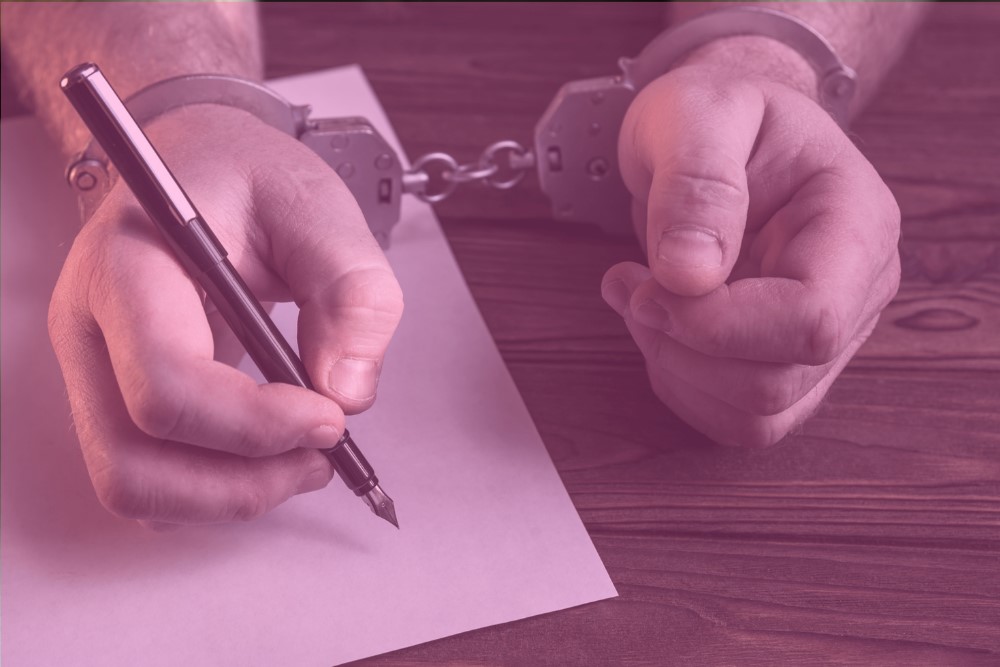In Victoria, a person who has been sentenced to a term of imprisonment may be released before they have completed that sentence if a non-parole period has been set. Decisions about parole in Victoria are made by the Adult Parole Board and the Youth Parole Board of Victoria. This page deals with parole in Victoria.
Legislation
In Victoria, decisions about adult parole are made under the Corrections Act 1986 and the Sentencing Act 1991. Decisions about youth parole are made under the Children Youth and Families Act 2005.
What is parole?
Parole is the conditional release of a prisoner from prison or youth detention before the end of their sentence. It is designed to allow offenders to start reintegrating into the community while still serving their sentences in situations where this is appropriate. A person who has been released on parole will live in the community subject to strict conditions and supervision by the Department of Corrections.
Non-parole periods
In Victoria, when a person is sentenced to a term of imprisonment of more than two years, a non-parole period must be fixed unless the nature of the offending makes it inappropriate for this to occur.
For sentences of more than 12 months but less than two years, a court may fix a non-parole period if it chooses to do so.
The term of the non-parole period must be:
- if the prisoner has been sentenced to imprisonment for the term of the natural life, 30 years.
- if the prisoner has been sentenced to a term of imprisonment of more than 20 years, 70% of that term.
- if the prisoner has been sentenced to a term of imprisonment of less than 20 years, 60% of that term.
Youth
The Youth Parole Board of Victoria deals with parole decisions in respect of young people between the ages of 10 and 20. The Board meets fortnightly and considers the case histories, client service plans, progress reports, and psychological and psychiatric reports of young people in custody and on parole.
Adults
When an adult in Victoria is serving a term of imprisonment with a non-parole period, they may apply to the Adult Parole Board for release when the end of their non-parole period is approaching. The Board decides whether to grant, deny, or defer parole.
If the Board decides to release a person on parole, the person will be supervised by a parole officer with whom they will meet regularly. The parole officer may direct the parolee lead to do certain things, such as take part in treatment programs. The parole officer may provide reports to the Board during the course of the person’s parole.
Applying for parole
A person may apply for parole 12 months before their non-parole period finishes. A person who is serving a term with a non-parole period does not have to apply for parole. If they do not apply, the parole board will not consider them for release.
When a person applies for parole, the factors the Board will consider include:
- any remarks made by the sentencing court
- any victim impact statements
- any psychological or psychiatric reports
- the nature and circumstances of the offence
- the prisoner’s behaviour while in prison
- the prisoner’s participation in programs while in prison
- the prisoner’s prior criminal history
- any submissions that have been made by victims
- the proposed accommodation arrangements.
Parole conditions
The standard conditions that attached to a parole order are:
- that the person not commit a further offence
- that the person submit to drug testing is required
- that the person submit to supervision by Community Corrections as required
- that the person follow the instructions of Community Corrections as required
- that the person not leave the state without permission
- that the person not change their address without informing Community Corrections
Additional conditions may also be attached to a parole order depending on the individual circumstances of the prisoner. These conditions may include:
- to wear an electronic monitoring device
- to abide by a curfew
- not to associate with specified persons
- to take part in drug or alcohol intervention programs
- to cooperate with treatment for mental health issues.
Breaches
A person must not breach the conditions of their parole. A person who breaches their parole conditions may be fined or sentenced to a term of imprisonment.
If a person is charged with a further criminal offence while on a parole order, the Parole Board may vary or cancel their parole order. If the person was on parole for a sexual offence or serious violence offence and is charged with another offence of the same nature, the Parole Board must cancel their parole.
Prisoners serving sentences for murder
The Parole Board must not grant parole to a prisoner sentenced to murder unless the prisoner has cooperated with police in attempting to locate the body or remains of the victim.
If a person has been sentenced to imprisonment for the murder of a police officer, the Parole Board must not grant them parole unless it is satisfied that they no longer have the physical capacity to harm anyone and do not pose a risk to the community.
The Parole Board must not grant parole to a prisoner if there is a risk that they will commit a terrorism offence if released.
If you require legal advice or representation in any legal matter, please contact Taylor Rose.




